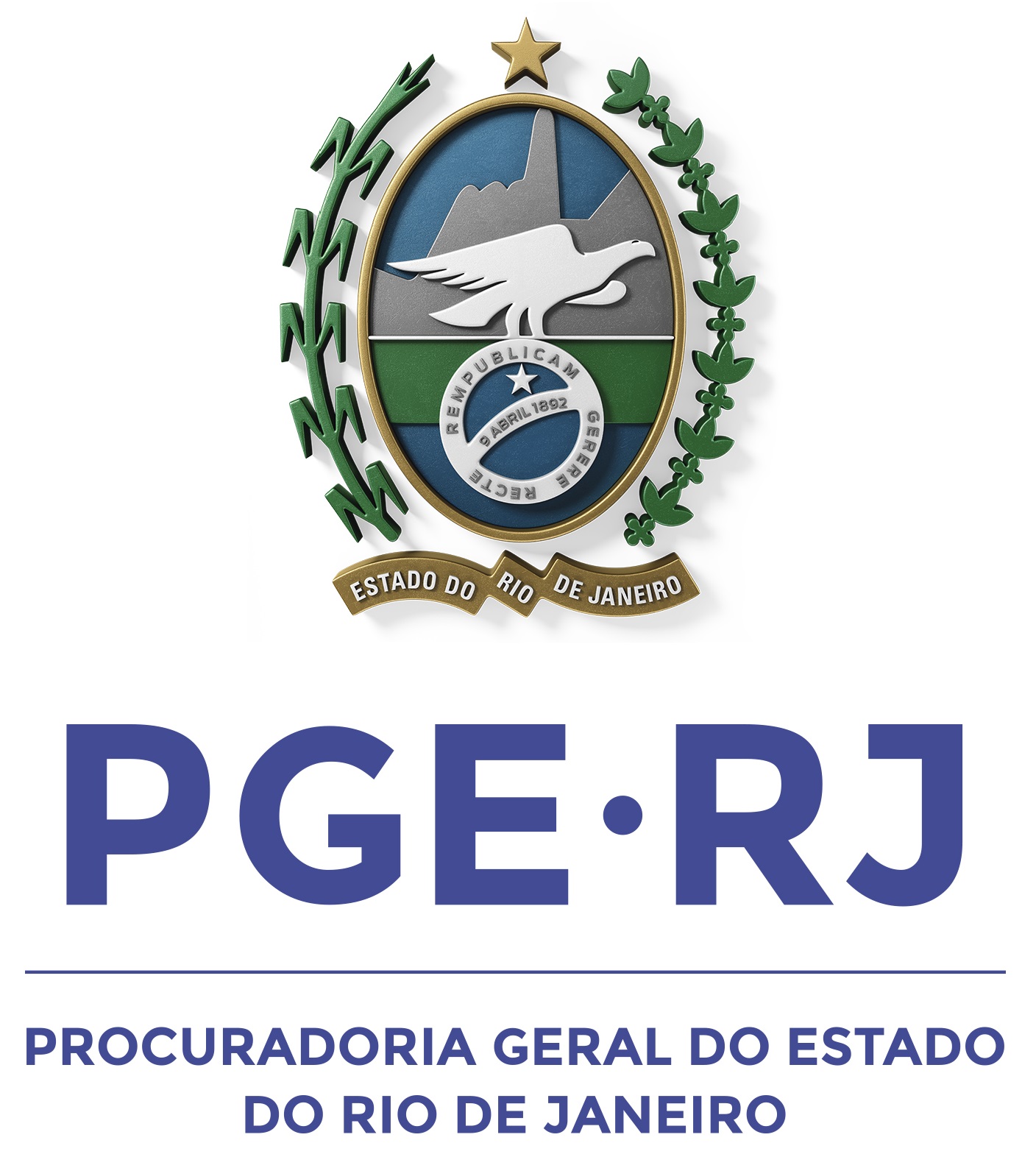THE END OF THE SOCIAL ORGANIZATION IN HEALT MANAGEMENT IN THE STATE OF RIO DE JANEIRO: WHAT’S NEXT?
DOI:
https://doi.org/10.46818/pge.v4i1.216Keywords:
Sustainability., Financial budget., Temporal hyperopia., State foundation of private law., Efficiency.Abstract
This article discusses the effects of Law nº 8.986, that provided, in 2020, the repeal of Law nº 6.043/2011, which regulates the qualification of non-profit entities, such as social organizations, in the health area of the State of Rio de Janeiro.
Therefore, we will briefly describe the different modalities of health management, highlighting the advantages and disadvantages of each of these models, within a complex administration scheme.
Then, we will describe the institutional arrangements designed to provide healt managment with governmental foundations of private law, which were appointed, by the State Government of Rio de Janeiro, as an alternative to public health managment. However, in terms of State's efficiency, it’s essential to investigate the extent to which a “re-statist” model is adequate and convenient to improve the public health services. An order of concern is linked to the legal treatment that has been given, in practice, to governmental foundations under private law.
For this reason, the idea is to research the ways of conformation in order to understand the modeling of public foundations under private law, by using three approaches: the budget of state foundations; the regime of public contracts and the regime of human resources. The most relevant point will be to identify the need to compute, in budgetary terms, the services provided through the state service contract as counterprestational and self-sustainable, in order to provide financial sustainability and guarantee the valuation of private employees.
Downloads
Downloads
Published
How to Cite
Issue
Section
License
Copyright (c) 2021 Soraya Maurity

This work is licensed under a Creative Commons Attribution-NonCommercial 4.0 International License.
By submitting a manuscript, authors agree to the terms of the Copyright Notice. They also authorize Revista Eletrônica da PGE-RJ to publish this manuscript under a Creative Commons Attribution-NonCommercial 4.0 International License and recognize it as a vehicle for its original publication.




















